

DNS |
Sponsored by |

|
 As Internet governance fragments in 2026, authority shifts from open, multistakeholder forums to state-led security regimes, legal instruments, and alliance-based cooperation, challenging longstanding institutions and reshaping global norms through enforcement rather than consensus.
As Internet governance fragments in 2026, authority shifts from open, multistakeholder forums to state-led security regimes, legal instruments, and alliance-based cooperation, challenging longstanding institutions and reshaping global norms through enforcement rather than consensus.
 ICANN is finalising a policy to curb DNS abuse, aiming to preserve internet stability while defending freedom of expression. With regulatory pressure mounting, the multistakeholder model faces a critical test.
ICANN is finalising a policy to curb DNS abuse, aiming to preserve internet stability while defending freedom of expression. With regulatory pressure mounting, the multistakeholder model faces a critical test.
 Grenada advances its digital resilience by signing the Convention on the Packet Clearing House Organization, positioning itself to help shape global Internet governance while gaining coordinated support, stronger infrastructure, and a formal voice in decisions that influence worldwide connectivity and security.
Grenada advances its digital resilience by signing the Convention on the Packet Clearing House Organization, positioning itself to help shape global Internet governance while gaining coordinated support, stronger infrastructure, and a formal voice in decisions that influence worldwide connectivity and security.
 To prepare DNS security for a post-quantum future, Verisign and partners are testing new cryptographic strategies that balance security, performance, and feasibility, especially through the novel Merkle Tree Ladder mode for managing large signatures.
To prepare DNS security for a post-quantum future, Verisign and partners are testing new cryptographic strategies that balance security, performance, and feasibility, especially through the novel Merkle Tree Ladder mode for managing large signatures.
 eco's topDNS initiative and AV-Test are publishing monthly reports to help ISPs detect and mitigate DNS abuse by analysing malware, phishing, and PUA trends, creating a long-term data foundation for industry-wide transparency.
eco's topDNS initiative and AV-Test are publishing monthly reports to help ISPs detect and mitigate DNS abuse by analysing malware, phishing, and PUA trends, creating a long-term data foundation for industry-wide transparency.
 As ICANN prepares to expand the domain name space, calls grow for a public-law framework to govern the DNS root, ensuring global equity, transparency, and accountability in managing the Internet's core infrastructure.
As ICANN prepares to expand the domain name space, calls grow for a public-law framework to govern the DNS root, ensuring global equity, transparency, and accountability in managing the Internet's core infrastructure.
 The arrangements regarding the composition and organisation of the provision and operation of authoritative root servers are one of the more long-lasting aspects of the public Internet. In the late 1980s, Jon Postel, as the IANA, worked with a small set of interested organisations to provide this service. It was informally arranged, without contracts and without payment of any form.
The arrangements regarding the composition and organisation of the provision and operation of authoritative root servers are one of the more long-lasting aspects of the public Internet. In the late 1980s, Jon Postel, as the IANA, worked with a small set of interested organisations to provide this service. It was informally arranged, without contracts and without payment of any form.
 The international community has long struggled with the challenge of translating international law into actionable norms and practices in cyberspace. The conclusion of the United Nations Open-Ended Working Group (OEWG) on the security of and in the use of information and communications technologies 2021-2025 marks a vital milestone in that ongoing process.
The international community has long struggled with the challenge of translating international law into actionable norms and practices in cyberspace. The conclusion of the United Nations Open-Ended Working Group (OEWG) on the security of and in the use of information and communications technologies 2021-2025 marks a vital milestone in that ongoing process.
 What happens when governments don't just regulate content, but forcibly repurpose the very guts of the Internet's infrastructure to enforce their policies? The chilling answer, increasingly evident worldwide, is widespread, devastating collateral damage. Around the world, neutral systems like Domain Name System (DNS) resolvers and IP routing, the bedrock of our digital lives, are being weaponized as enforcement tools.
What happens when governments don't just regulate content, but forcibly repurpose the very guts of the Internet's infrastructure to enforce their policies? The chilling answer, increasingly evident worldwide, is widespread, devastating collateral damage. Around the world, neutral systems like Domain Name System (DNS) resolvers and IP routing, the bedrock of our digital lives, are being weaponized as enforcement tools.
 The NetBeacon Institute is pleased to publish its White Paper: Proposal for PDPs on DNS Abuse. We created this paper to support and advance ICANN Community discussions on potential policy development related to DNS Abuse. From our unique perspective, we believe there are a number of issues that are constrained enough to be a successful ICANN PDP and can make a meaningful difference in our collective work against DNS Abuse.
The NetBeacon Institute is pleased to publish its White Paper: Proposal for PDPs on DNS Abuse. We created this paper to support and advance ICANN Community discussions on potential policy development related to DNS Abuse. From our unique perspective, we believe there are a number of issues that are constrained enough to be a successful ICANN PDP and can make a meaningful difference in our collective work against DNS Abuse.
 Cyber criminals are the kings of recycling. Once they've found a tactic that works well, they'll keep doing it as long as they can get away with it. That's why it's so important for research teams to keep a close eye on what's happening behind the scenes with web traffic. Case in point? Our team at DNSFilter recently analyzed global DNS activity from the first quarter of 2025 and identified several notable trends.
Cyber criminals are the kings of recycling. Once they've found a tactic that works well, they'll keep doing it as long as they can get away with it. That's why it's so important for research teams to keep a close eye on what's happening behind the scenes with web traffic. Case in point? Our team at DNSFilter recently analyzed global DNS activity from the first quarter of 2025 and identified several notable trends.
 On Jan. 11, 2025, Verisign supported the Internet Corporation for Assigned Names and Numbers (ICANN) in taking a major step to ensure the continued security, stability, and resiliency of the Domain Name System (DNS). While imperceptible to most users, this action - specifically, the introduction of a new Domain Name System Security Extensions (DNSSEC) Key Signing Key (KSK) in the root zone - is the next step of a multi-year-long process to change, or "roll," the cryptographic key that secures the root of the DNS.
On Jan. 11, 2025, Verisign supported the Internet Corporation for Assigned Names and Numbers (ICANN) in taking a major step to ensure the continued security, stability, and resiliency of the Domain Name System (DNS). While imperceptible to most users, this action - specifically, the introduction of a new Domain Name System Security Extensions (DNSSEC) Key Signing Key (KSK) in the root zone - is the next step of a multi-year-long process to change, or "roll," the cryptographic key that secures the root of the DNS.
Experts at a CircleID and Edgemoor Research Institute webinar debated the challenges of domain registration data access in a post-GDPR world. Panelists explored the tension between privacy laws and legitimate data requests, the role of automation in disclosure decisions, and the need for a scalable, trust-based framework to balance compliance, cybersecurity, and enforcement interests.
Amid evolving privacy laws and rising cybersecurity threats, domain registration data disclosure remains a contentious issue. Beyond WHOIS: Filling the Gaps brings together experts to examine Project Jake's policy framework, aiming to balance privacy with legitimate access. Join industry leaders for insights on policy clarity, operational efficiency, and the future of domain name governance.
The global debate over Internet privacy and security took center stage in a webinar hosted by CircleID in partnership with the Edgemoor Research Institute. The event marked the first in a series exploring the delicate balance between safeguarding personal data and ensuring legitimate access to domain name registration details. As governments, cybersecurity experts, law enforcement, and intellectual property holders grapple with the evolving regulatory landscape, Project Jake seeks to establish a framework that prioritizes policy clarity, efficiency, and adaptability.
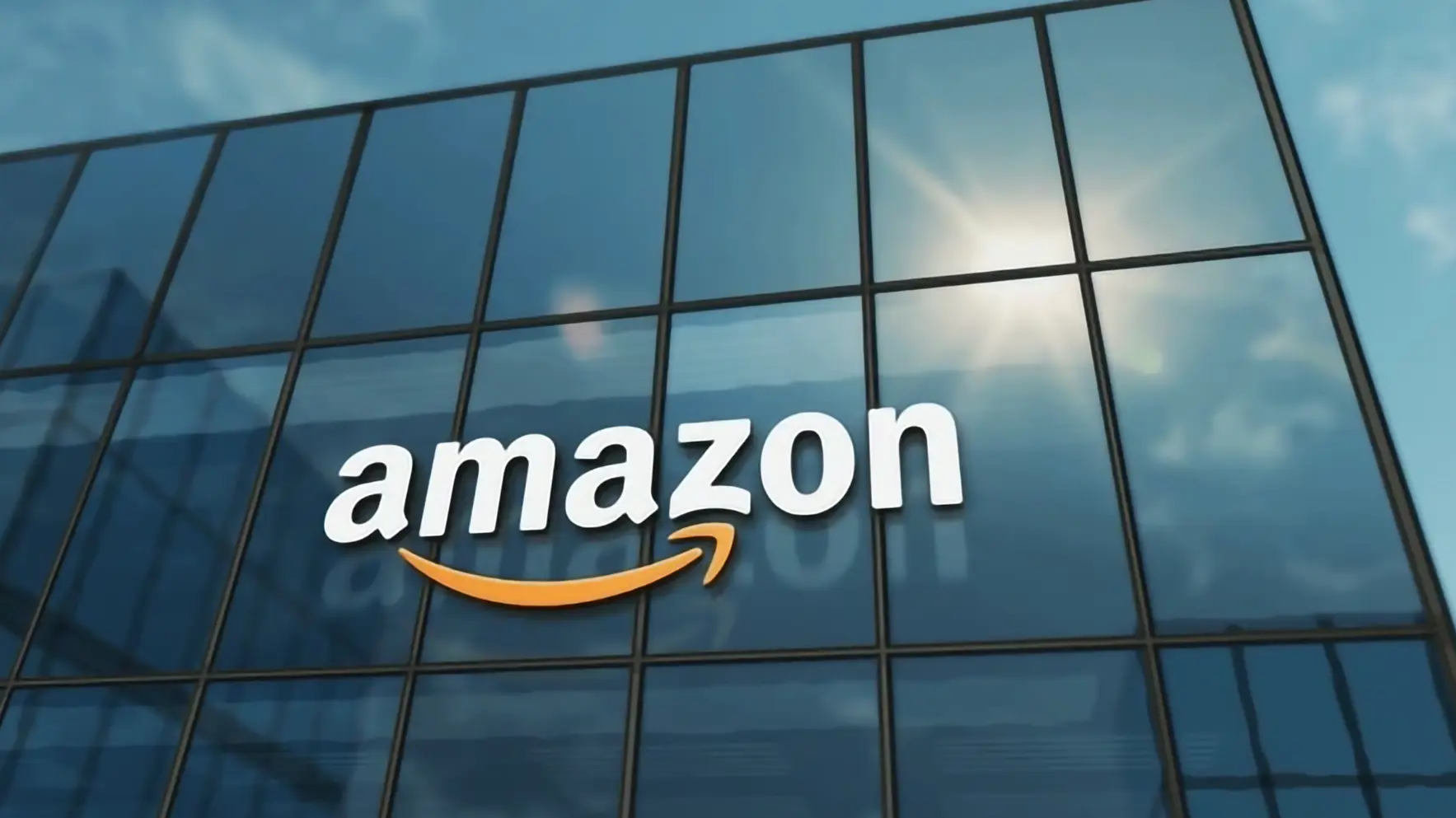 Massive AWS Outage Disrupts Global Internet, Services Restored After DNS Failure
Massive AWS Outage Disrupts Global Internet, Services Restored After DNS Failure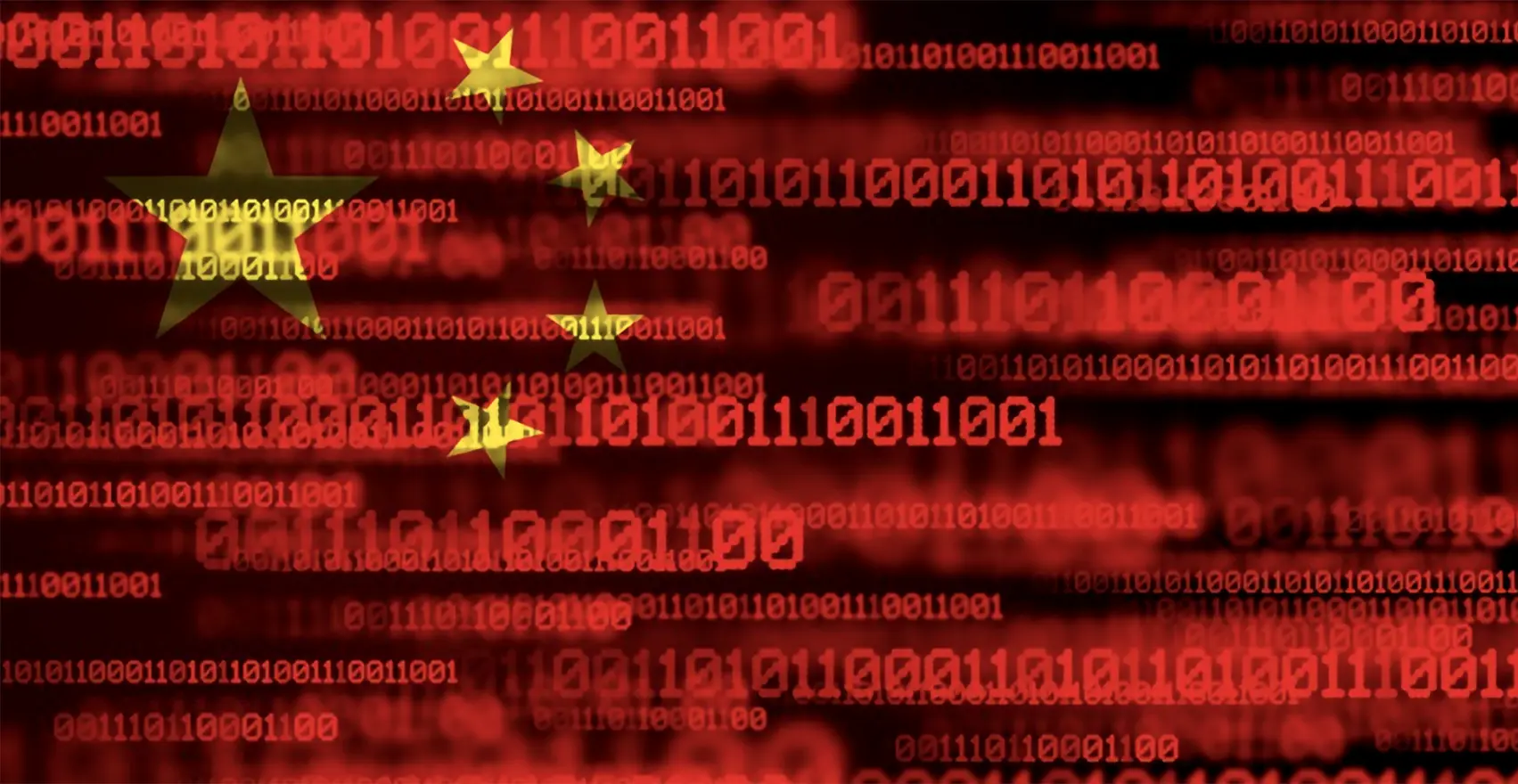 Chinese APT Groups Exploit Global Domains in Sweeping Cyber Campaign
Chinese APT Groups Exploit Global Domains in Sweeping Cyber Campaign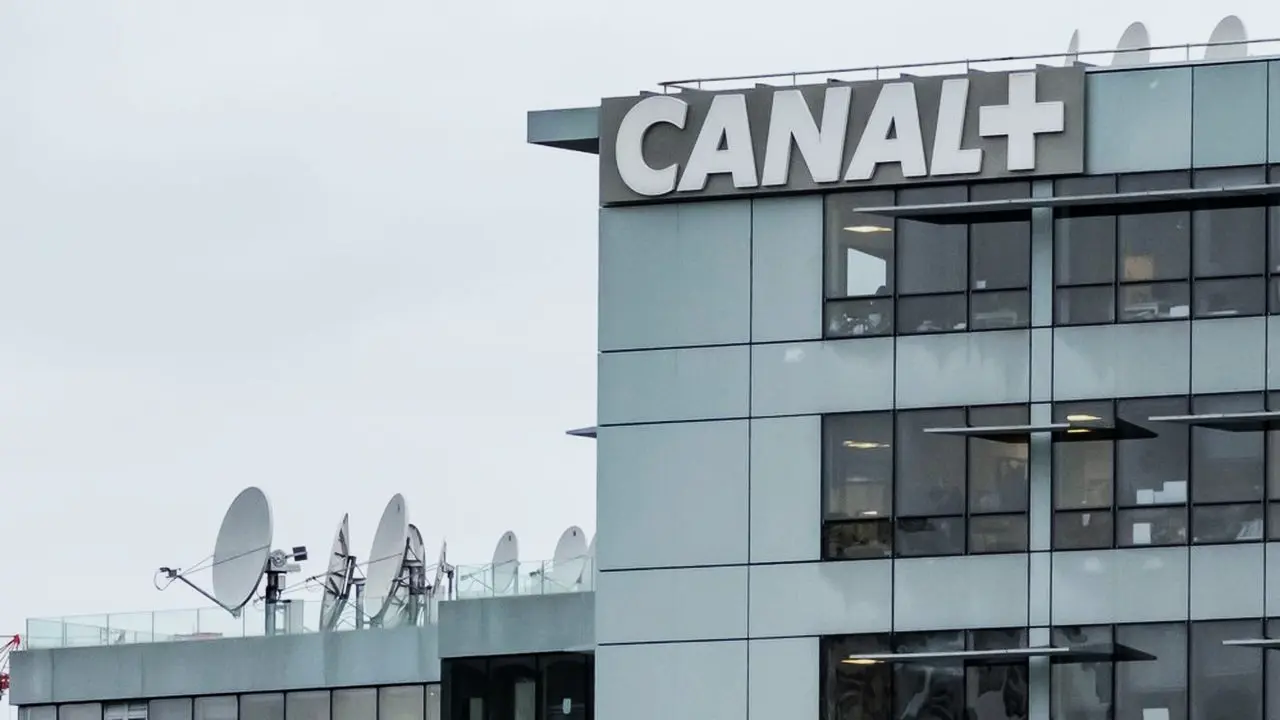 French Court Orders Google, Cloudflare, Cisco to Poison DNS in Anti-Piracy Crackdown
French Court Orders Google, Cloudflare, Cisco to Poison DNS in Anti-Piracy Crackdown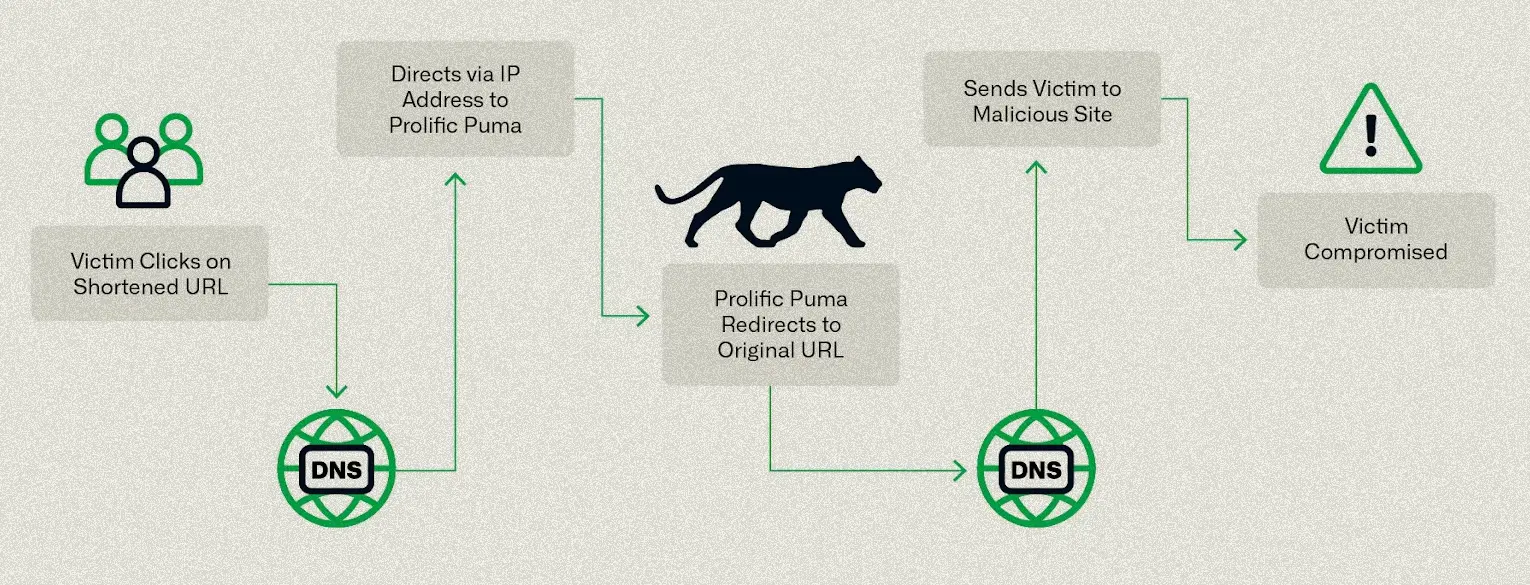 Researchers Uncover Massive Underground Link-Shortening Service Used by Malicious Actors
Researchers Uncover Massive Underground Link-Shortening Service Used by Malicious Actors CIRA Calls for Experienced Professionals to Join Its Board
CIRA Calls for Experienced Professionals to Join Its Board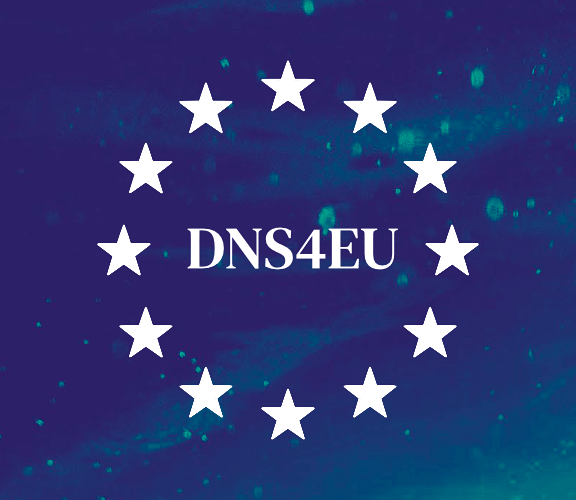 EU-based DNS Internet Infrastructure Beginning to Take Shape, Planned to Onboard 100 Million Users
EU-based DNS Internet Infrastructure Beginning to Take Shape, Planned to Onboard 100 Million UsersThe Domain Name Industry Brief reports 378.5 million total domain name registrations in Q3 2025, marking a 16.2 million increase year over year and offering detailed insights into top TLD, ccTLD, and gTLD trends. more
The second quarter of 2025 closed with 371.7 million domain name registrations across all top-level domains (TLDs), an increase of 9.3 million domain name registrations compared to the second quarter of 2024, according to the latest issue of the Domain Name Industry Brief Quarterly Report released Thursday at DNIB.com. more
The first quarter of 2025 closed with 368.4 million domain name registrations across all top-level domains (TLDs), an increase of 4.2 million domain name registrations compared to the previous quarter, according to the latest issue of the Domain Name Industry Brief Quarterly Report released Thursday at DNIB.com. more
The fourth quarter of 2024 closed with 364.3 million domain name registrations across all top-level domains (TLDs), an increase of 2.0 million domain name registrations compared to the previous quarter, according to the latest issue of the Domain Name Industry Brief Quarterly Report, released Thursday at DNIB.com. more
The third quarter of 2024 closed with 362.3 million domain name registrations across all top-level domains (TLDs), a decrease of 0.1 million domain name registrations compared to the previous quarter, according to the latest issue of the Domain Name Industry Brief released Thursday at DNIB.com. more
The second quarter of 2024 closed with 362.4 million domain name registrations across all top-level domains (TLDs), unchanged compared to the first quarter of 2024, according to the latest issue of the Domain Name Industry Brief released Thursday at DNIB.com. more
The first quarter of 2024 closed with 362.4 million domain name registrations across all top-level domains (TLDs), an increase of 2.5 million domain name registrations compared to the previous quarter, according to the latest issue of the Domain Name Industry Brief released Wednesday at DNIB.com. more